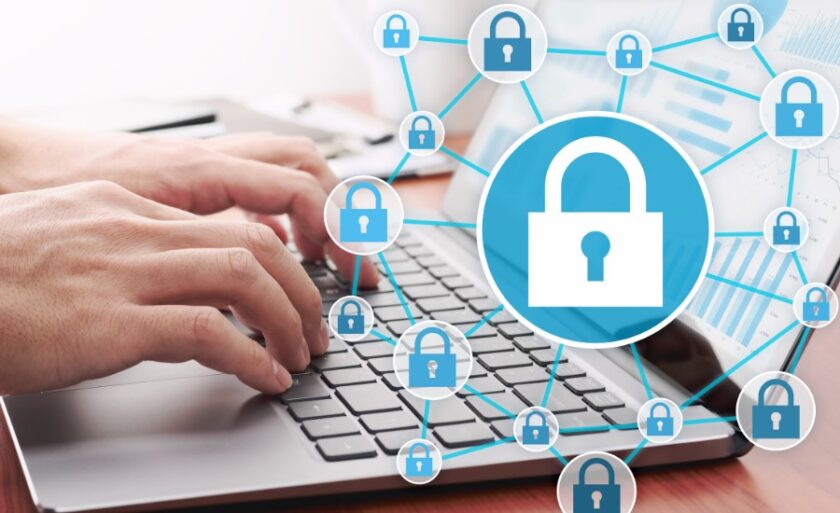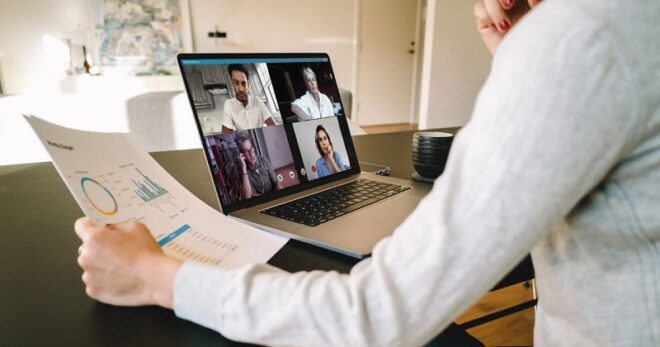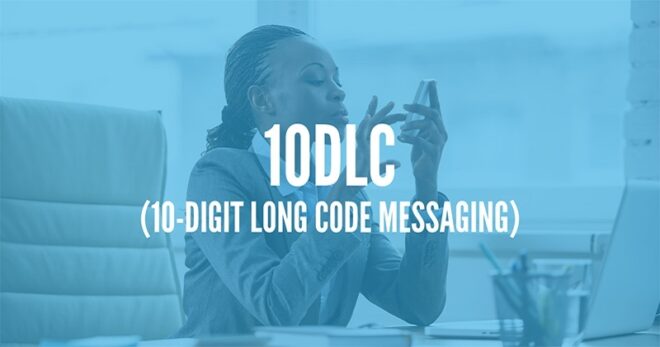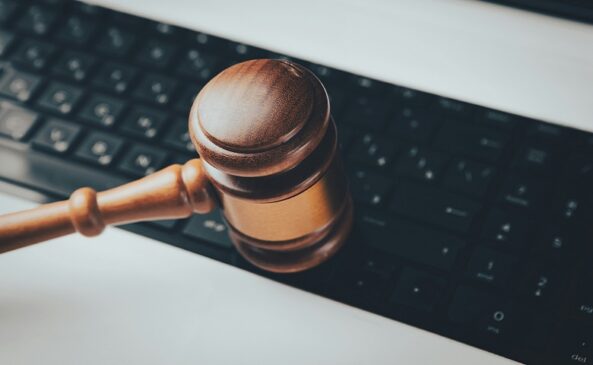How to Keep Your Data Secure with Remote Workers

TechsPlace | The world is now shifting into the new normal. Many industries are currently experiencing how the current circumstances dramatically change the “normal” setup. It disrupted the usual office-based setting and began adapting the concept of remote workers for businesses and organizations. You need to Keep Your Data Secure while working with workers remotely.
Though not relatively new as hiring remote workers have already been ongoing for several years and, it has multiplied because of the current pandemic. Though many businesses were not quite ready for this framework, it has proved to become both beneficial for companies and employers. Whatever the size of yours is, it allows you to financially save as you do not have to acquire a property to turn into an office, and it will enable you not fully to exhaust your resources. Getting remote workers means you have to work virtually over the internet. This setup eradicates the location-based barrier and allows you to hire someone globally competitive in any part of the world.
However, as this business trend started to spread, security issues also began coming into light. While the working community has already begun to leverage this setup profoundly, cybercriminals found ways to exploit vulnerabilities in this latest environment. The concept of working at home is relatively new for many businesses and organization, which means security measures for this kind of framework is not yet established.
If you are one of the businesses who have to lean on hiring remote workers, you need to implement security practices to ensure that your company data are safe and will not be threatened by hackers and cybercriminals. In this article, you will find ways that you can apply in securing your company’s data as you embrace operating with remote workers.
Ways to Keep Your Data Secure When Hiring Remote Workers
- Mandate 2FA or Multi-Factor Authentication
Some of the most common attacks happen because companies and remote workers use weak passwords and user authentication. Some become susceptible to attacks because of failing to establish security checkpoints within sensitive files, data, and information.
When an employee needs to access a particular file or open any work-related document if it can pose a threat if it is a weak spot, to avoid this from happening, it is a must to employ 2FA or multi-factor authentication to your remote employees.
Since they are working at home and use their connection, it might not be as secure as your company’s internet connection. Hence mandating to use multi-factor authentication can help add another layer of security to your company data.
Ask your employees to do this when they enter a company website that requires their login, or when they are accessing corporate emails or when using payment channels.
- Require The Use of Complex Passwords
Passwords can act as your first line of defense against any possible threats. If your employees are using their birthday or their pet’s name as their password, it may not protect them and your data against potential attacks.
Implementing multi-factor authentication should never be an excuse not to use a robust and complex password. Make it part of your requirement for all your remote workers to have a robust password to strengthen your company’s security layer.
A secure password comes with a big and small letter, special characters, and numbers. Make your password at least 12 characters. Require also your remote employees to change it from time to time and not use the same password on multiple accounts. Using the same password can give hackers the chance to access all of your accounts. Since using a different complex password is hard to familiarize, use a trusted password manager to manage all of your passwords.
- Limit Access On Your Data
Working remotely on different locations and even in different time zones can be a challenge when it comes to collaboration and accessing files. Sometimes, you might even be tempted to give everyone the same access to avoid a hassle. However, this can be a grave mistake as you give cybercriminals and hackers a big chance to get into your confidential information within the company.
While access is needed, you can limit whom to grant it within your organization. Limit access to employees who needs it in their task and cannot function without these data and information.
- Use third-party software for additional privacy securing
There are ready-made solutions that can help your remote workers keep their computers secure from privacy threats. Among those are antivirus programs and system optimization tools such as Outbyte. An app like this can help users monitor and remove their tracking cookies, detect if any of their passwords are weak or compromised, and keep their system privacy at a high level.
- Use VPN
A Virtual Private Network or VPN adds another layer of security to your data. Connecting to insecure networks like at home with a personal connection or at coffee shops with public Wi-Fi can be detrimental for attacks.
As you move towards the new working environment, you must provide you a reliable VPN access to your employees. VPN will act as a secure tunnel between your company’s data and your remote employees. As it encrypts connections, hackers will not be able to intercept, and they will not find ways to intercept your system.
- Make Your Way to The Cloud
When you have several remote workers under your belt, you need to make sure their collaboration is seamless. A cloud-based storage system can become your best ally in this new kind of setup. It can make sharing of files and working collaborations convenient, faster, and easily accessible. It can also provide another security layer for your company data as most cloud services implement security measures in your files.
- Have an Antivirus Protection
Perhaps the most common yet one of the most effective in battling against cybersecurity threats. As your employees become remote workers, you cannot be too confident that whatever they are using, like computers, mobile devices, or network connections, have optimum protection.
To ensure that your company data are protected, it would be wise to invest in an antivirus protection system for your organization. The significant amount that you may lose when you get targeted by hackers will be far more stretched than with your spending on an antivirus protection program.
Final Thoughts
Some of the most significant and expensive data breaches ever recorded in history are due to human fallibility. This scenario is why you need to make sure that your remote workers work as your most excellent shield against any cybercrime attacks. Together will all the possible ways you can ensure your data safety, make sure that you are wary of how your employees deal with confidential information.
Issues like weak passwords, lack of authentication, insecure network connections, and a lot more can start massive cyber-attacks in your company. However, this can be prevented from happening even if you have a new working setup. Aside from all of these practices, educate your remote workers on the importance of keeping things safe and ensuring that cybercriminals are at bay.
Ramon has been writing about technology trends, entertainment, and gaming ever since he left the busy world of corporate HR Tech behind. He currently writes about software and user experiences for Softvire Australia -the leading software e-Commerce company in Australia and Softvire New Zealand. In his spare time, Ramon writes science fiction, collects little yellow men and plastic spaceships.





